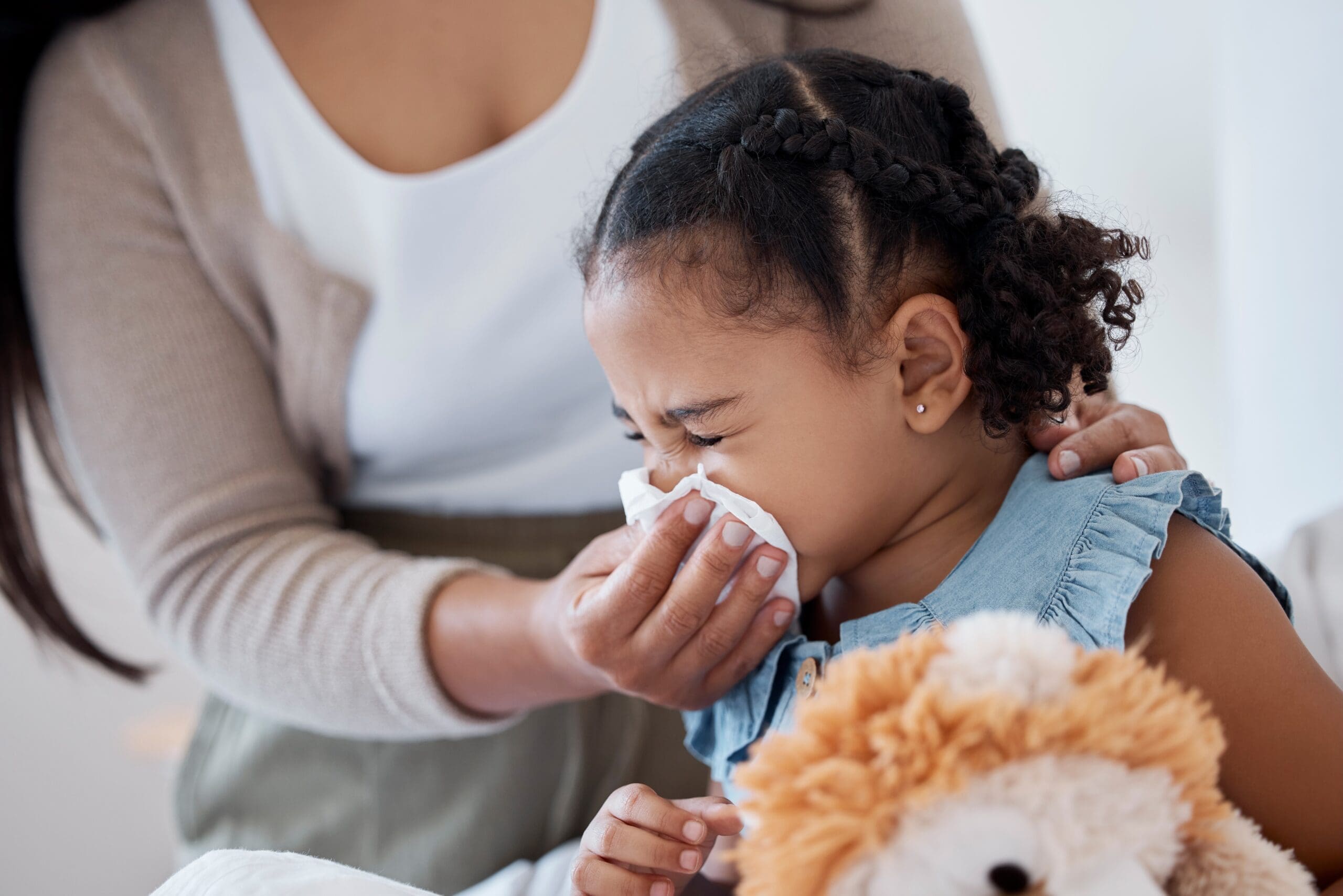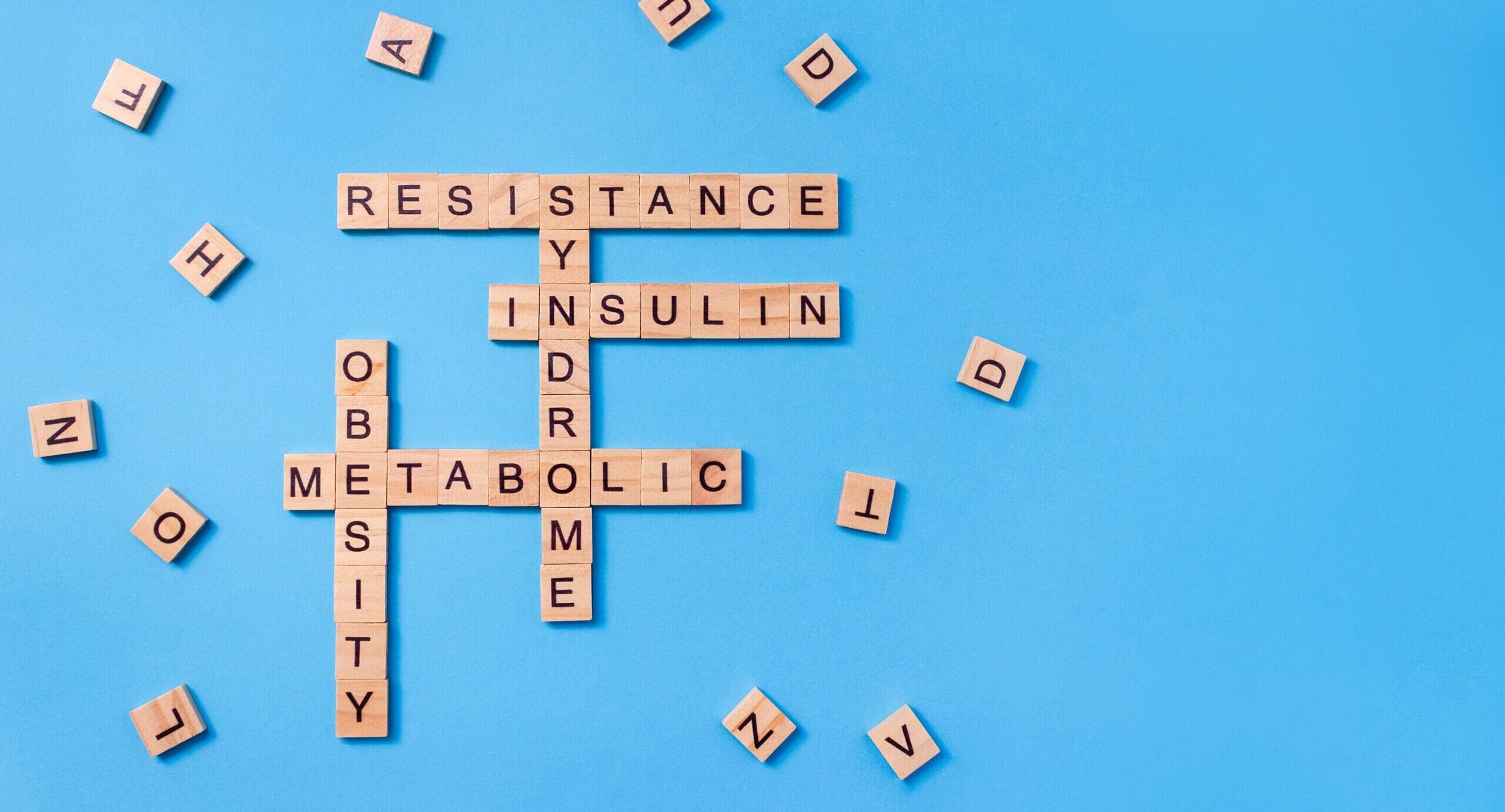People with more muscle may respond better to cancer treatment
By naturopath Margaret Jasinska
Exercising to build more muscle on your body may help if one day you are diagnosed with cancer. Researchers in Japan have found that people with a higher muscle mass on their body have a better response to cancer treatment. The loss of muscle associated with ageing is called sarcopenia. It is inevitable to some degree as we all get older. People with significant sarcopenia who are diagnosed with cancer tend to have poorer outcomes.
In a study published in the journal Scientific Reports, researchers from Osaka have found that the loss of skeletal muscle mass is significantly associated with a poor response to treatments for advanced non-small cell lung cancer (NSCLC).
The specific treatments used in this study are called programmed death (PD)-1 inhibitors and are a new class of drugs used to fight several different types of cancer, including NSCLC. The efficacy of PD-1 inhibitors depends on the health and function of the patient’s immune system.
According to lead author of the study, Takayuki Shiroyama, “Sarcopenia is a well known risk factor associated with poor outcomes for several cancer types. Because muscle degradation is associated with a dysregulated immune response, we wanted to investigate how, in lung cancer patients, sarcopenia impacts the efficacy of PD-1 inhibitor therapy.”
The researchers followed 42 patients with advanced NSCLC who were treated with PD-1 inhibitors. They discovered “We found that the treatment outcomes for patients with sarcopenia at the start of therapy were far worse than those without. Our findings suggest that baseline skeletal muscle mass has a substantial impact on PD-1 inhibitor efficacy. As such, skeletal muscle mass might be useful for predicting whether treatment is likely to be effective.”
Exercising after getting diagnosed with cancer can be difficult due to extreme fatigue and pain. It’s important to try and build muscle while you are healthy. Your future self may appreciate it.
Muscle protects your health
People with a higher amount of muscle on their body are less likely to be insulin resistant, or obese, or have a fatty liver. Insulin resistance is a significant cancer risk factor. Having above normal blood levels of insulin can increase the risk of developing cancer in the first place, and worsen prognosis.
Insulin is a hormone most people think of in terms of blood sugar and diabetes. Did you know it also has growth promoting properties? That’s good if you’re a teenager and going through a growth spurt but not at all good if you’ve been diagnosed with cancer.
Research has shown that a high blood insulin level correlates with poorer prognosis for almost all types of cancer. This is important to know because insulin can be lowered, and this improves chances of survival.
People with elevated blood insulin are known to have insulin resistance or metabolic syndrome. You can ask your doctor for a blood test to check your insulin level. This is a fasting test. An ideal level is 3 or 4. Clues that you might have elevated insulin include being a type 2 diabetic, having polycystic ovarian syndrome, a fatty liver, or carrying excess fat around your waist.
For more information see the books I Can’t Lose Weight and I Don’t Know Why and Cancer Survival Strategies.









Leave A Comment